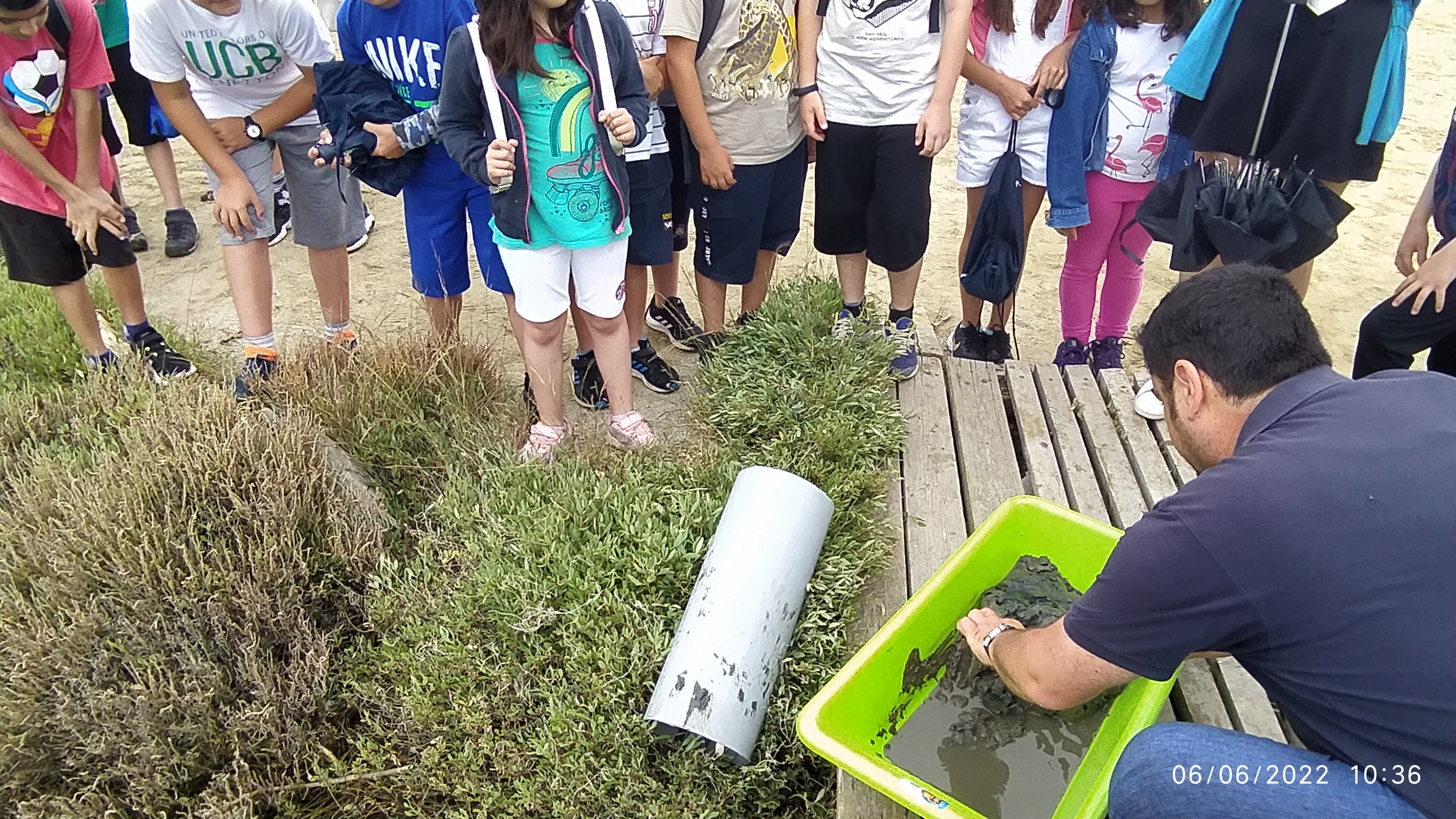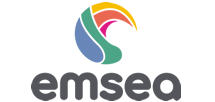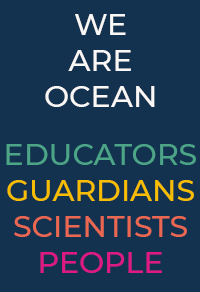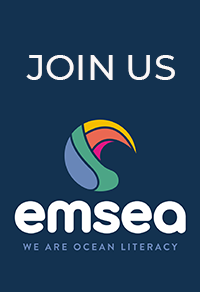Athanasios Mogias: ocean literacy through systems thinking, placed-based science and a pinch of optimism
This article is part of the blog series ‘Meet the members’ in which you’ll get to know the EMSEA members, what drives them and what inspires them. They’ll share their experience, their good practices, their challenges. They’ll talk about what ocean literacy means to them and how they hope to reach it. Today we meet Athanasios (Thanos) Mogias, Associate Professor at the Department of Primary Education of Democritus University of Thrace.
Based in Alexandroupolis (Greece), not far from the Evros delta and lagoons, Thanos brings environment into primary education. Persuading future teachers to make their pupils more environmentally conscious is part of his job, he says, ‘especially since technically, they don’t have to’. Since environmental science in general and ocean literacy in particular are all too often absent from school curricula, Thanos sees it as our ethical obligation to push these subjects forward in education.
Compulsory environmental education
Democritus University of Thrace hosts one of Greece’s Primary Education Departments. Environmental education was first introduced in its study program as a compulsory course already from the mid-90s. Since teachers in Greece are not required to teach their pupils about environmental issues, in many universities it is merely an optional course. ‘With us, broad environmental education is compulsory. Next to that, we offer optional courses on e.g. ocean literacy as well’, Thanos explains. He believes environmental education and more specifically ocean literacy is ever so important, especially given the many common misconceptions among students in different countries. Some of these misconceptions are about the connection among the regional seas, the global water cycle or the origin of atmospheric oxygen. A good education can tackle these misconceptions, he explains.
Systems thinking
To Thanos, good education starts with learning the basic principles of climate change or marine pollution separately, to later combine that knowledge into one connected whole. Since the Enlightenment era, humans have been compartmentalising their knowledge into seperate sections. There was a blind trust in science and technology. However, the environmental crises of the 20th and 21st centuries cannot be solved through compartmentalising issues. ‘Everything is connected. We need to start thinking in more holistic ways. We need systems thinking, in which we apply knowledge from both natural and social sciences. Systems thinking is still very absent in our current society, but I believe we can start using this kind of thinking from a very young age. We can apply this kind of knowledge even in kindergarten and primary schools’, Thanos argues.
Systems thinking can help people understand larger issues. ‘People know the fish on their plate came from the sea. But do they know about their spawning habitats? Marine pollution? The problems with industrial fisheries? Do they know how the fish got on their plate?’ Without that overarching understanding, people tend to take the fish they eat for granted. It’s the goal of education to let them critically think about these issues. Systems thinking is a way to do so.
Place-based education
Apart from systems thinking, Thanos emphasises the importance of place-based education and hands-on science. His laboratory is involved in marine science research, often executed in the Evros delta area. However, this kind of pure scientific research is combined with the philosophy of the education department. ‘We take our students to the field for birdwatching or to take samples of zoobenthos and phytobenthos from the lagoons to be analysed in the lab. These students are not trained to be biologists, but future teachers at primary schools. In this scientific experience they learn how to organise field trips themselves and how to teach science to their own pupils later on,’ Thanos explains. Instead of only listening to abstract explanations in class, smelling the ocean and touching the sediments help these students to consolidate the teaching materials. ‘Teachers nowadays are on a very tight schedule. They don’t have a lot a time to go outside. Yet, field trips are an indispensable way of teaching and should not be ignored’, Thanos emphasises.
Psychological connection
Another important factor in education, is bringing the material ‘close to home’. Thanos was at the forefront of applying the global ocean literacy principles to the Mediterranean Sea. ‘The Mediterranean Sea has its own specificities. We used the general framework of ocean literacy and adjusted these principles to those specificities. Bringing the specific characteristics of a region into education, helps people understand because there is a psychological connection’.
Optimism
Last but not least, education needs optimism. Our current environmental issues are deeply complex, urgent and severe. ‘It can be hard to be optimistic, when studying environmental science’, Thanos explains. ‘But when I’m teaching, I try to be more optimistic than I feel in reality. I try to stay away from the negative, because I don’t want to appal my students and paralyse them.’ Instead, we need optimism to keep looking for solutions and bring inspiration to others.
With these views, Thanos is bringing a whole new generation of teachers towards a better environmental understanding; and through these students he brings it to a whole new generation of kids as well.

Top tips for Ocean Literacy organisations by Athanasios Mogias
Read. Get your hands on as many papers and books you can get.
Let your audience experience environmental issues through documentaries, museums, aquaria and field trips to the beach and ocean.
Let your audience meet the people who work or live close to the sea, such as the local fishermen or population.
Text by Anke de Sagher for EMSEA
Photos by Athanasios Mogias
More on Democritus University of Thrace and Mogias’ research
Website Democritus University of Thrace · ResearchGate Athanasios Mogias
Want to join the community? Find out how to become an EMSEA member!


